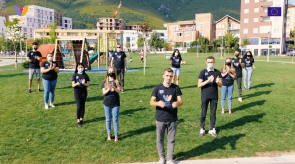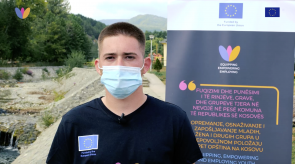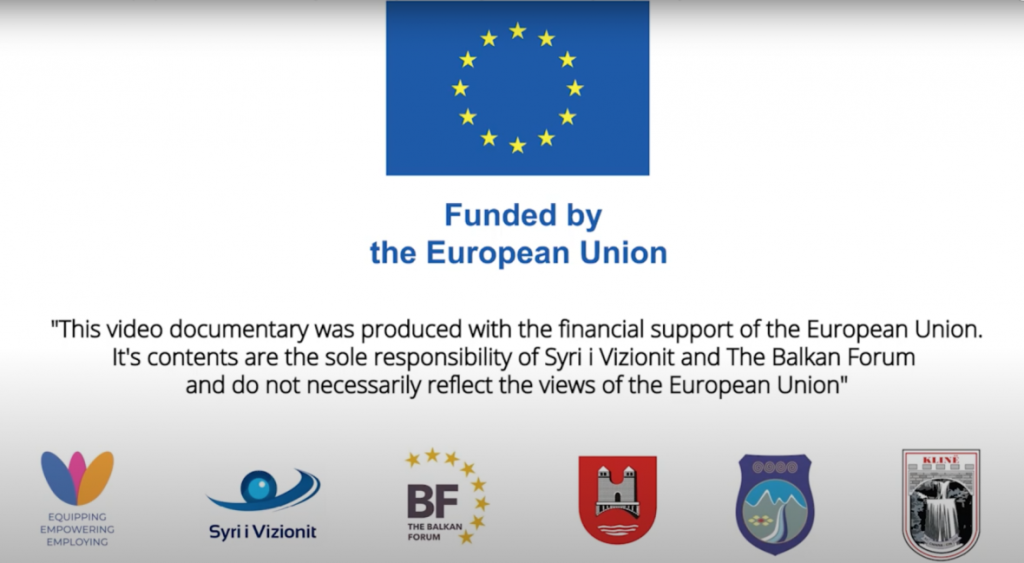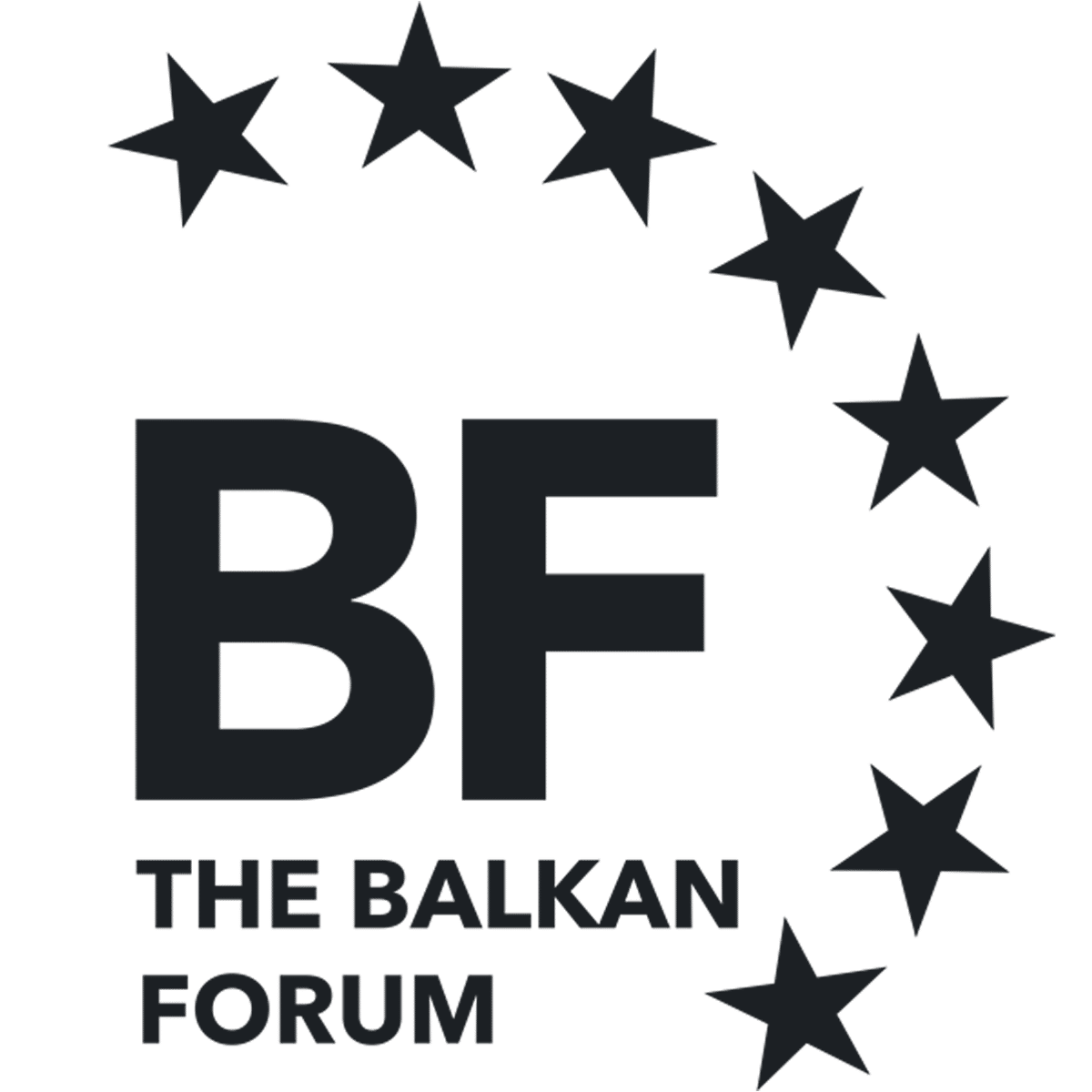Equipping, Empowering and Employing Youth, Women and Other Disadvantaged Groups in five Municipalities of Kosovo
The World Bank’s Country Partnership Framework (WB CPF) for Kosovo 2017 – 2021 highlights that although Kosovo’s economic growth has outperformed its neighbours, it has not been sufficient to significantly reduce the high rates of unemployment, and Kosovo remains one of the poorest nations in Europe. The Labour Force Survey (LFS), published by the Kosovo Agency of Statistics (KAS) shows that in the first quarter of 2019, two-thirds of the population in Kosovo is of working age population (15-64 years old), with a rate of participation in the workforce of 38.7%, an employment rate of 28.2%, and an unemployment rate of 26.9%.
Overall unemployment figures for Kosovo are stark, but digging into those numbers tells an even more disturbing story. Women and young people are significantly more likely to be unemployed – and indeed, the rate of unemployment among women 15-24 in Peja, for example, is 62.9%, more than double the national average for all groups. Minority ethnic groups and people with disabilities are also excluded from the labour force in significant numbers. For this reason, efforts to improve the rate of employment generally are not likely to succeed unless there are targeted programs to address the barriers to employment for disadvantaged groups.
The project “Equipping, Empowering and Employing Youth, Women and Other Disadvantaged Groups in five Municipalities of Kosovo” supported by the European Union Office in Kosovo aims to support additional active labour market measures such providing tailor-made support for training, on-the-job training, internship and self-employment to the disadvantaged groups in Kosovo. Additionally, the Project will support the development of start-up enterprises as an opportunity for creating employment prospect for particularly most vulnerable groups in labour market.
Target groups include disadvantaged communities with lower than average participation in the economy: Youth, women of working age, People with Disabilities and ethnic minorities including Bosnians, Serbs, Roma, Egyptians and Ashkali individuals. The project will address the specific needs of these groups in five municipalities, Istog, Peja, Klina, Deçan and Junik.
The project will be implemented during the next 24 months (2020 – 2022) in partnership between the Balkan Forum, Syri i Vizionit, and Municipality of Istog.
